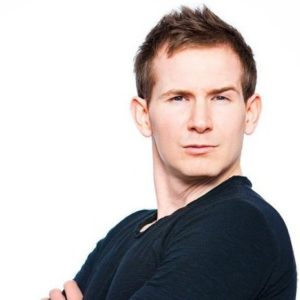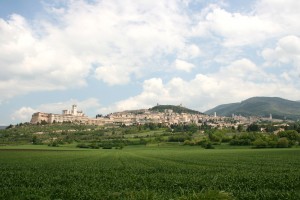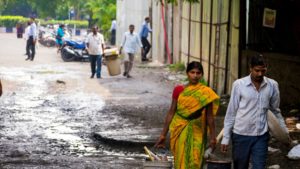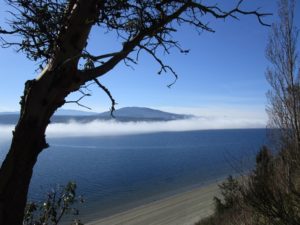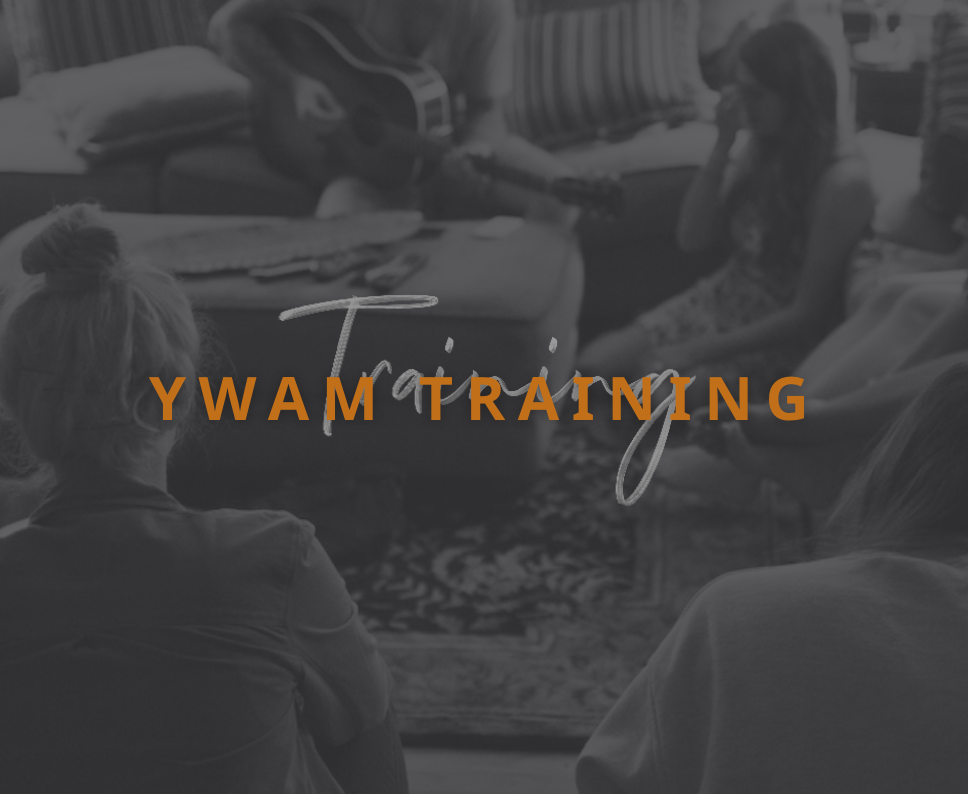Most young people in the west (or at least the young people I know) are perpetually restless. It has been said that life always remains an unfinished symphony, that part of what it means to be human is to live in the tension of unfulfilled desires and half-met expectations. But sometimes we get to a point with our angst and aches wherein we can’t carry on any further because we don’t even know in which direction to walk. We may feel lost because there is no clear road, but my suspicion is that most people my age feel lost because there are a hundred roads and they all look right.
In the summer of 2011, I went on a pilgrimage with Jeff Pratt and a handful of others to Assisi, Italy. When I left for Assisi, I was traveling with a lot of questions that felt heavy in my heart (mostly questions that I still have): questions about love and relationships, career and money—what in the hell am I going to do with my life, and where am I going to do it? When I got to Assisi, I spent the first few days loitering around the quaint medieval city, wandering in and out of ancient cathedrals and gelato shops—looking for comfort in both. After reading about the life of Saint Francis for months, I came looking for him, hoping that I would be able to make sense of my life by looking through the lens of his. I was living in Manhattan at the time, getting my bachelors degree at Columbia University. I had previously spent years traveling and working in Africa, India, and Afghanistan—hoping to attach my life in a meaningful way to the practical concerns of the poor. After living back in the states for two years, I was deeply missing the chaos and beauty of India. I was missing the experience of my creative and vocational energy being spent on others. I was wondering if my calling should look something like that of Saint Francis: caring for the poor. I came to Italy searching for answers, but all I found in every church I stepped in, and every street I walked down, was silence.
It’s frustrating to be twenty-seven years old but to feel like a twelve year old with absolutely no idea what you want to be when you grow up. In 2009, I moved back to the states from Afghanistan because I wanted to get an education and immerse myself in the arts. I wanted to be a storyteller and a thinker, so I came to New York and started college at Columbia, convinced it was the best place to challenge me as a thinker and as an artist. But do art and scholarship mean anything in a world filled with starving people, people displaced or unable to find a drop of clean water or a shelter for their heads at night? How many children in rags had I seen begging in how many streets all over the world? What good then is one more writer?
I was traveling and processing with a small group of fellow pilgrims. Each of us were in very different places in our lives, but all of us were searching for something that was beyond our capacity to describe, something for which the language of our religious experience was inadequate. We spent a great deal of time in silence, and Jeff, our leader, acted as a kind of guide to the silence, teaching us how to engage it and find God there in solitude. We would sit together for short sessions each day and talk. Jeff spoke a lot about our shadow selves: the identities to which we cling that validate us in the eyes of the world. We all construct images of ourselves (brands, so to speak) that are worthy of respect and love. The shadow self is different for each of us. Maybe we hope to find validation in our career, our creativity, influence or affluence, physically beauty, or even our concern for the poor and marginalized.
I realized that I’d had several false identities competing for my energy and support for years. I wanted to be a writer, an artist, a scholar, and a missionary to the poor. I’ve always been desperate to change the world, but how much of that desire is for the actual good of the world and how much of it is for my own glory—simply so that I will feel okay with myself? Honestly, I think a great deal of my most altruistic ambitions over the years were at the very least partially for personal glory. When that’s the case, you can get devoured by fears of never being famous, never being loved or found significant. Life becomes driven by a compulsion to prove to the world that you exist—that you matter. I had (and often still have) several competing images of wildly divergent future selves seeding my imagination with anxiety: should I be the bohemian novelist living in Paris, the literature professor at Yale, the screenwriter living in Brooklyn, or spend my life serving the poor in Calcutta? All of those identities do actually touch deep places of passion in my heart. I do genuinely love art and scholarship and caring for the poor. I’m not 100% fake, but I don’t think any of us are.
But In Assisi, I began to finally see how much of my life and goals were focused around building a self that is worthy of love and acceptance. I was still struggling through the same insecurities that haunted me as a teenager; now they were just dressed up in fancy clothing: creativity, intellectualism, and altruism.
None of those things are bad. In fact, I think they’re all very good. But what I hope to find is a love for those things that’s not greedy or needy, a desire to write and help others purely because it’s good to do so, devoid of a desire for status and influence. My identity can’t be rooted in what I do, or my title, my wealth or accomplishments. As a Christian, it has to be rooted in grace—in a gift from God that I can’t earn or achieve. I think this identity—as God’s children—is the only place any of us will ever find peace.
I did find a measure of peace on a mountain top in Italy. I was hiking with a fellow pilgrim from our group, and we were supposed to meet the others, who had wimped out and traveled by car, at the top. We got incredibly lost. We had no idea where the real road was, and after pursuing one road for over an hour with the sneaking suspicion that we were going the wrong way, our fears were confirmed by some lovely German tourists. We headed back, but we didn’t know for sure that our next choice was right either. There were lots of twists and turns and each decision was made with anxiety and doubt. It started to thunder and rain. We were hungry, had no idea where we were going, and I didn’t want the rest of the group to have to wait or worry. I didn’t want to spend the rest of the day lost on the mountain either.
We were both tired, and my hiking companion said that she didn’t want to keep going without seeing any signs that we were headed the right way. She suggested that we go around the next bend in the road, and that we should head back if we saw nothing. We came around a bend and found the smiling face of Lucca—the huge Italian taxi driver that had driven the rest of our group to the top. It’s a pretty wonderful feeling going from being completely lost to found—simply to know that you are moving in the right direction. Lucca (whose name means light in Italian) happily drove us to the top of the mountain where the rest of our group was scattered about in prayer. We had been minutes away from the top when we found Lucca, but we would’ve given up just before getting there if we hadn’t seen him.
When I got out of the taxi, I found myself in a clearing of wildflowers leading up to the summit of a mountain, surrounded by green rolling hills and endless blue sky. We only had fifteen minutes before our group needed to head back. The others had had hours in this beautiful place, but somehow I didn’t feel cheated at all. The joy of finding this heaven after hours of being lost was wonderful. As I trekked the final little path to the top of the mountain, I knew, deep in my heart, that I wasn’t as lost in my life as I thought I was, because my life was not a journey from point A to point B, but a pilgrimage taken with God to God.
I found a rock at the top and sat down to pray. Surrounded by endless miles of rolling hills dotted with cypress and olive trees, littered with quaint little Italian villages, I sensed God with me—I sensed something vast and wild and strong—and it felt richer and safer than any amount of success or influence I could ever manage to achieve. In my heart, I felt God say, “Francis had a calling, and so do you.” I realized that my life doesn’t need to fit into any mold or template, that I am my own person, and that even in my delusions of grandeur, God loves me still. At least for a moment, I felt at peace with my shadow self, with my humanness and aches and longings—with the knowledge that I will never have it all together. And I felt deeply and surely in my heart that I needn’t worry about the right path because God will get me there—that even after years spent loitering around in the dark and getting lost along the way—he is always with me, and he hasn’t lost track of the right road.

